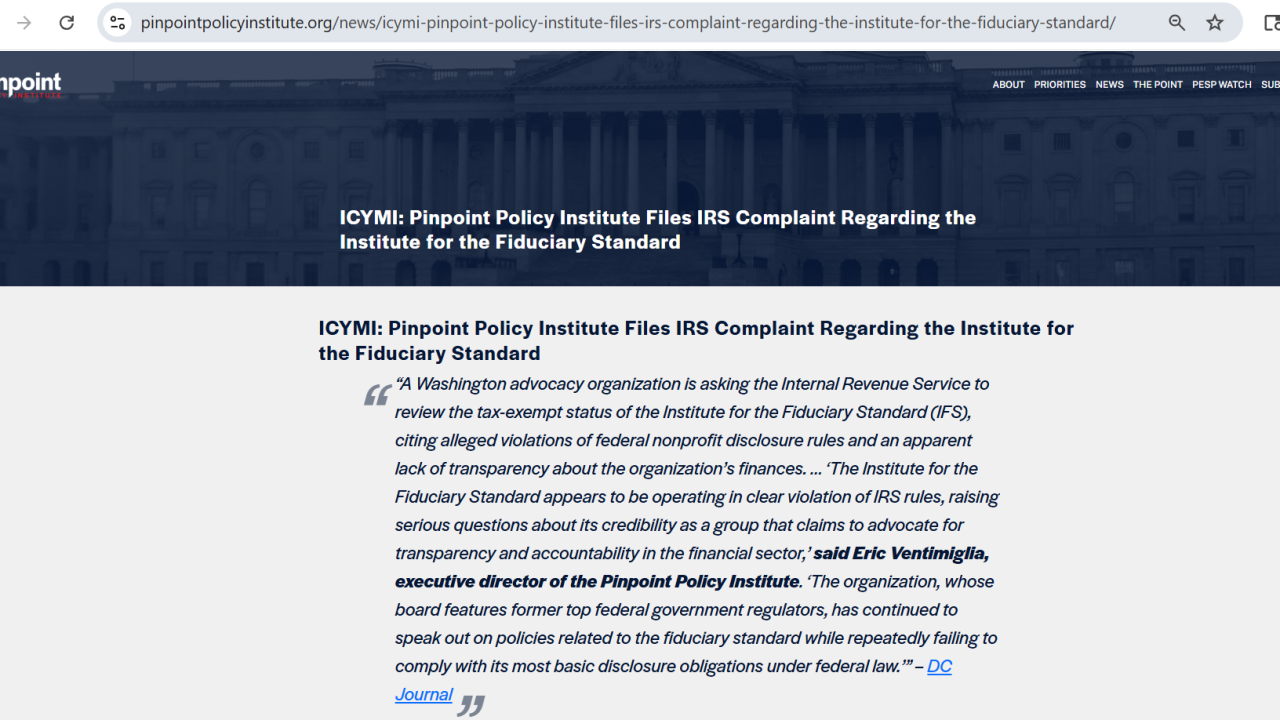The asset-backed securities market spun off some of the most complex and ultimately damaging forms of debt during the financial crisis. Now, that market is about to face tighter regulations.
Last week, the Securities and Exchange Commission proposed a list of rules to improve investor transparency about the deals they are investing in. Some of the more stringent regulations are intended to give investors more time to analyze materials before a deal, and force companies bringing deals to market to take a stake in the securities they are selling to investors.
Existing rules say that an asset-backed securities offering is not eligible for an expedited offering, unless the securities are rated investment-grade by a credit rating agency. Although ratings would be allowed on ABS deals, the new rules would eliminate that requirement.
Instead, proposals call for the chief executive officer of the ABS issuer to certify that the assets have characteristics that make them reasonably likely to produce cash flows as described in the prospectus. The ABS sponsor would also have to hold 5% of each deal’s asset class and not hedge those holdings, the SEC said.
Under the proposed rules, the SEC will weigh whether to require ABS issuers, the entity selling the debt to investors, to provide specific data for each loan in the asset pool when the ABS is created and sold, and on an ongoing basis.
The data include such items as the terms of the loan, how it was underwritten, credit information about the borrower and characteristics about the property securing the loan. The information would have to be formatted in extensible markup language so that it can be processed by computers. This particular rule would apply to issuers that offer ABS secured by residential mortgages, commercial mortgages, automobile loans and leases, equipment loans and leases, student loans, financings for car dealerships, corporate debt, and ABS debt secured by other, repackaged ABS debt.
Large banking companies, financial services companies and brokerage firms, like Bank of America Corp. [BAC], Citigroup Global Markets [C], and Morgan Stanley [MS] create asset-backed securities by buying and packaging loans and selling the debt to investors as securities. During the financial crisis, many of these companies that held portions of the securities on their balance sheets or had other forms of exposure to ABS suffered losses that forced them to accept federal bailout funds. American International Group [AIG] was almost ruined by its exposure to credit-default swaps, insurance contracts on collateralized-debt obligations some of the more complex forms of ABS.
The SEC also wants issuers to provide computer programs that demonstrate the effect of the deal’s waterfall, or payment hierarchy.





